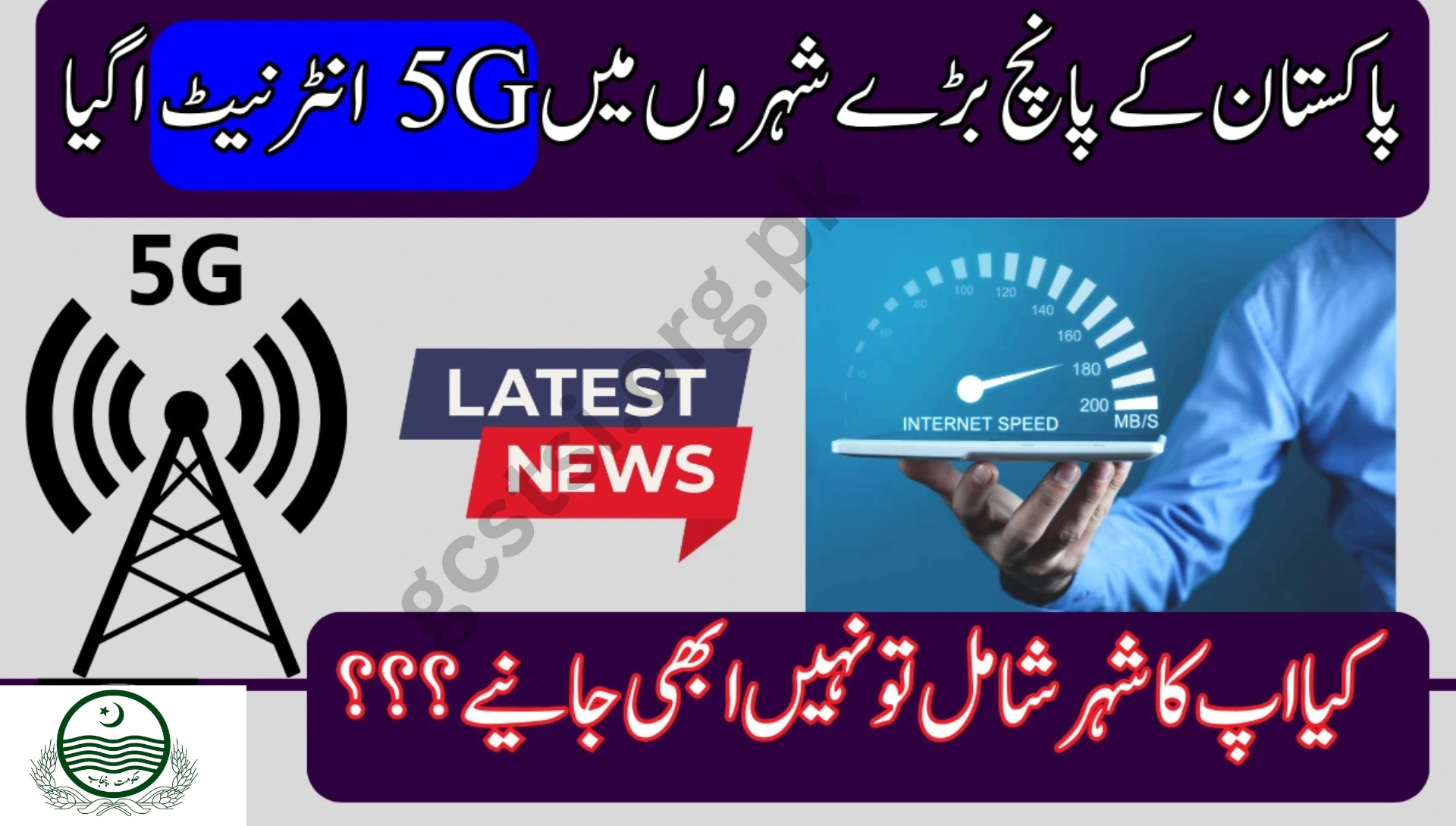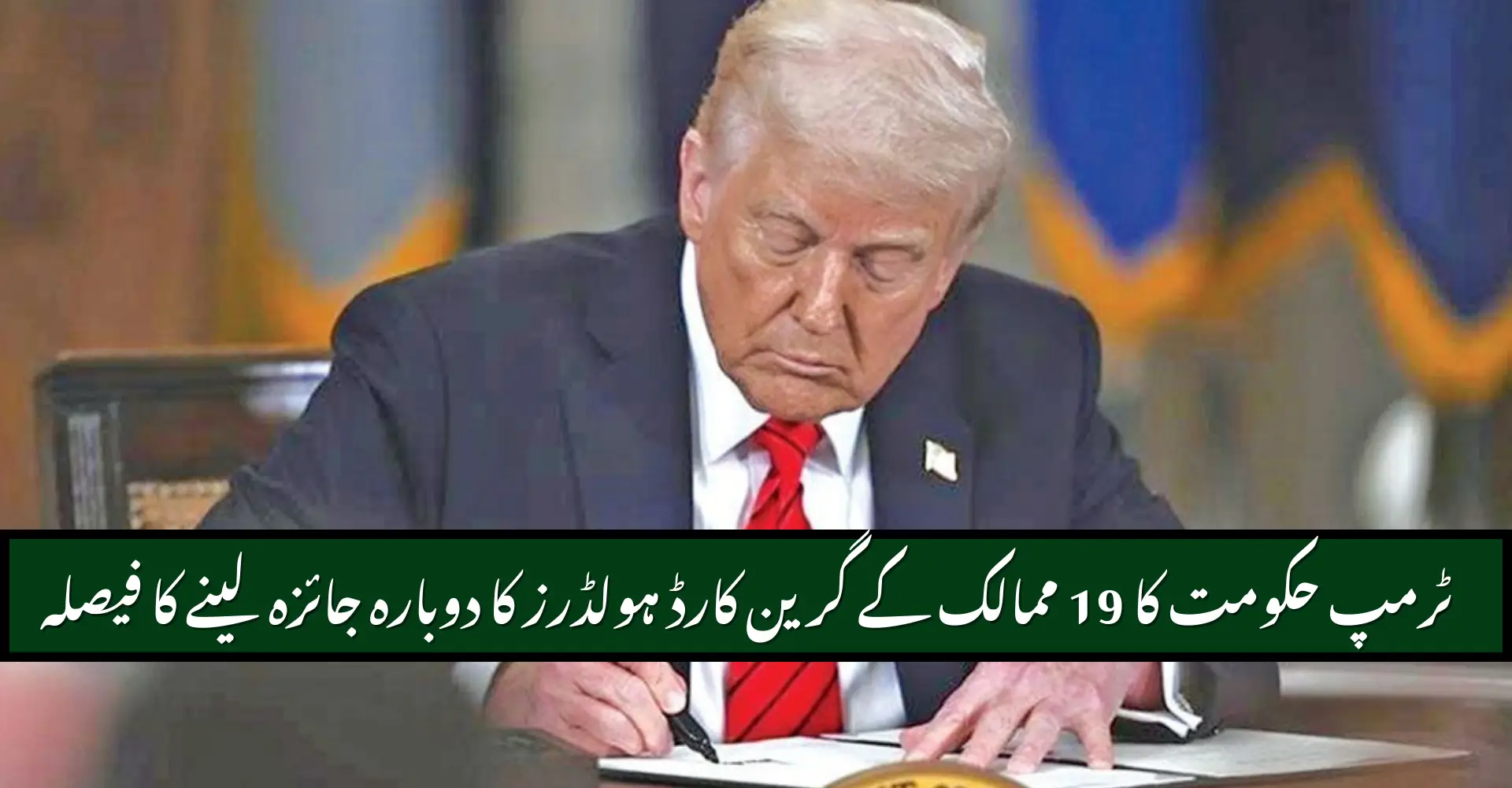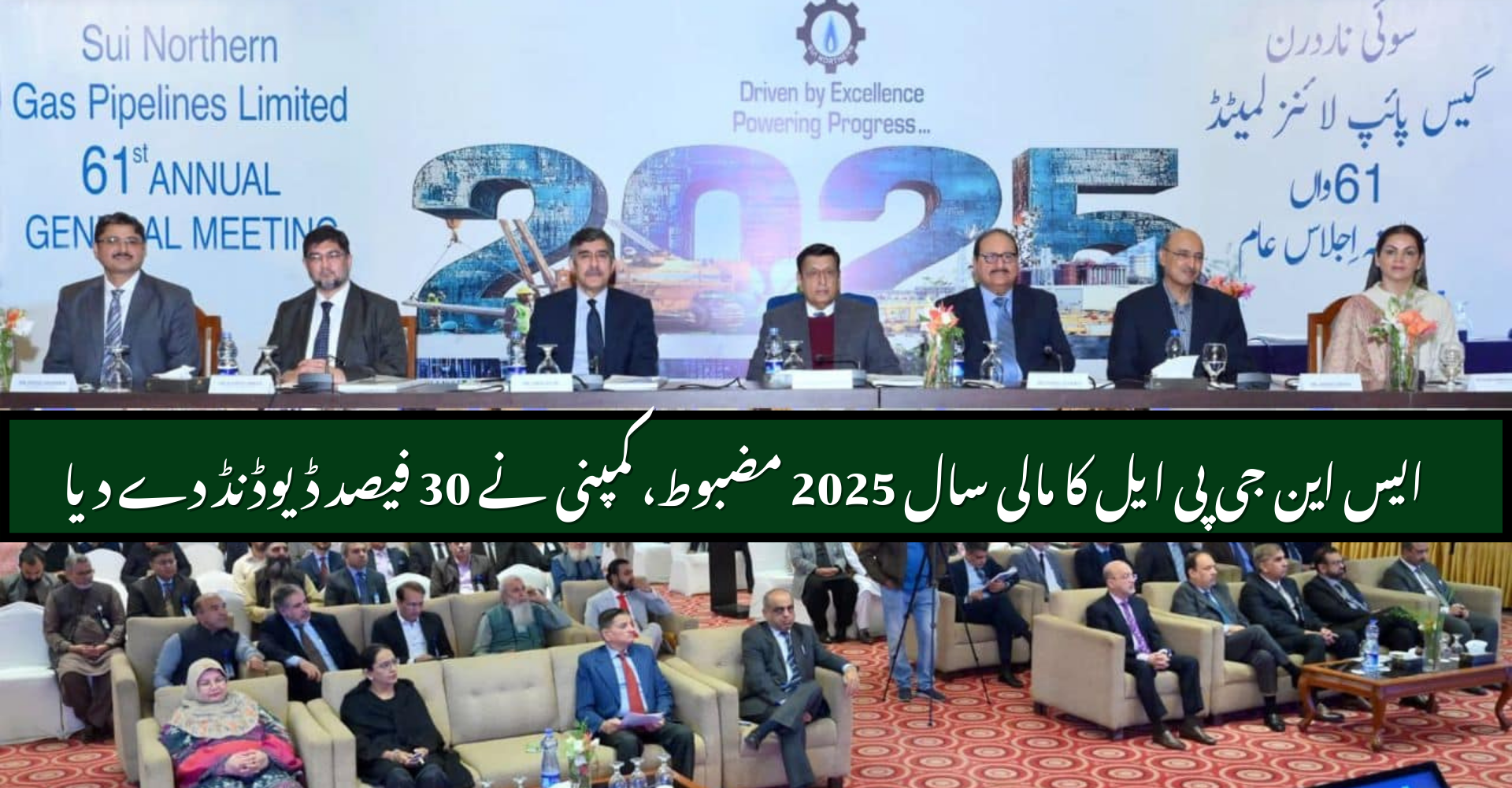Pakistan To Launch 5G In 7 Cities: What IT Minister Announced in 2025. Pakistan is stepping into a new era of connectivity as 5G services are set to launch in seven major cities. Federal Minister for IT and Telecommunication, Shaza Fatima Khawaja, confirmed this ambitious plan during the 26th ITCN Asia Expo in Karachi. The government’s vision aligns with the Digital Pakistan initiative, aiming to transform internet access, strengthen cybersecurity, and equip the youth with skills for the digital economy.
In this article, we will explore everything about Pakistan’s upcoming 5G rollout, the economic and technological implications, challenges, and what this means for citizens and businesses in 2025.
What 5G Means for Pakistan
5G technology is the fifth generation of wireless communication, offering:
- Faster internet speeds (up to 100 times faster than 4G)
- Low latency connections, enabling smoother streaming, gaming, and remote work
- Enhanced connectivity for smart cities, AI applications, and IoT devices
For Pakistan, the adoption of 5G is more than just speed—it’s a pathway to digital transformation, increased economic growth, and improved government services. The seven cities selected for the initial rollout are major urban hubs that will benefit first from ultra-fast mobile internet.
LSI Keywords: Pakistan 5G rollout 2025, Digital Pakistan initiative, high-speed internet, 5G mobile network.
IT Minister’s Announcement at ITCN Asia Expo
During the 26th ITCN Asia Expo, Minister Shaza Fatima Khawaja stated that:
- 7 major cities will receive 5G connectivity first
- The government is committed to expanding nationwide internet access
- Steps are being taken to strengthen digital infrastructure
The announcement highlighted the importance of 5G for Pakistan’s economic and technological development, linking it to broader national growth.
Challenges and Financial Considerations of 5G
While 5G promises transformative benefits, the transition comes with financial and technical challenges:
- High Infrastructure Costs
- Deployment of 5G requires investment in new towers, fiber networks, and network equipment.
- Regulatory Hurdles
- The Pakistan Telecommunication Authority (PTA) in 2024 warned about the complexity of migrating from 4G to 5G.
- Consumer Affordability
- High-end smartphones compatible with 5G may be out of reach for many citizens initially.
Despite these hurdles, the government’s commitment to digital progress remains strong. Recent agreements with Saudi Arabia aim to boost Pakistan’s telecom infrastructure and attract foreign investment in IT.
Table: 5G vs 4G in Pakistan
| Feature | 4G | 5G |
|---|---|---|
| Download Speed | Up to 100 Mbps | Up to 10 Gbps |
| Latency | ~50 ms | ~1 ms |
| Connectivity | Moderate IoT support | High IoT & smart city support |
| Network Capacity | Limited | High |
| Economic Impact | Moderate | Significant |
Economic Impact of 5G & Digital Pakistan Vision
The 5G rollout is closely tied to Pakistan’s macroeconomic stability:
- Inflation easing and improving economic indicators set the stage for technology investment
- Karachi, as the economic hub, will lead the benefits of 5G deployment
- The Digital Pakistan initiative focuses on integrating AI, cybersecurity, and broadband expansion
Minister Khawaja emphasized that digital advancement is a critical driver for economic resilience, enabling better governance, education, healthcare, and business operations.
LSI Keywords: Pakistan economic growth 2025, Digital Pakistan initiative, 5G economic impact.
AI Policy and Youth Training Programs
Alongside 5G, Pakistan is taking major steps in artificial intelligence and cybersecurity:
- Federal cabinet approval of Pakistan’s first AI policy
- Training 500,000 to 1 million youth in AI and cybersecurity by the end of 2025
- Programs aim to replace traditional job roles with tech-oriented positions
Minister Khawaja highlighted the need for youth engagement in technology, stating:
“Those who know the right use of technology will replace traditional positions.”
Implication for students and young professionals: Access to AI and 5G-driven opportunities in fintech, smart city projects, e-commerce, and cybersecurity careers.
Connectivity Issues and Cybersecurity Measures
Pakistan faces connectivity challenges, such as:
- Damage to two submarine cables near Jeddah, disrupting internet services
- Government efforts to expand submarine cable capacity and fiberisation for reliable connectivity
In terms of cybersecurity:
- Pakistan successfully blocked hacking attempts from India
- Government websites remained secure despite regional tensions
With 5G deployment, AI policies, and youth training, cybersecurity measures are critical to protect citizens, businesses, and government operations.
Benefits of 5G Rollout in Pakistan
The 5G rollout in Pakistan is expected to bring multiple benefits:
- High-Speed Mobile Internet: Seamless streaming, faster downloads, and improved online gaming.
- Smart City Development: Enhanced IoT, traffic management, and urban planning.
- E-Government Services: Faster and reliable online services for citizens.
- Business Growth: Opportunities for startups, e-commerce, and fintech innovation.
- Global Competitiveness: Align Pakistan with other digital economies in Asia.
Bullet Points: Easy for readers to scan and understand benefits.
Timeline for 5G Launch in 7 Cities
| City | Expected Launch Period | Key Focus Areas |
|---|---|---|
| Karachi | Q1 2025 | Commercial & business hubs |
| Lahore | Q2 2025 | Education & tech parks |
| Islamabad | Q2 2025 | Government services |
| Rawalpindi | Q2 2025 | Residential & smart tech |
| Faisalabad | Q3 2025 | Industrial zones |
| Peshawar | Q3 2025 | IT & startup ecosystem |
| Multan | Q4 2025 | Agriculture & trade |
This phased rollout ensures the government can manage infrastructure, demand, and connectivity challenges effectively.
FAQs
Q1: Which cities in Pakistan will get 5G first?
A1: The initial rollout will cover Karachi, Lahore, Islamabad, Rawalpindi, Faisalabad, Peshawar, and Multan.
Q2: When will Pakistan officially launch 5G services?
A2: 5G deployment is expected from early 2025, with phased coverage in major cities.
Q3: How will 5G affect internet speed in Pakistan?
A3: 5G will offer speeds up to 10 Gbps, reducing latency and improving streaming, gaming, and remote work.
Q4: Are there cybersecurity concerns with 5G?
A4: Yes, but the government has strengthened cybersecurity policies and blocked hacking attempts to protect networks.
Q5: Will 5G create job opportunities for youth?
A5: Absolutely. Pakistan is investing in AI and cybersecurity training, preparing youth for tech-driven careers.
Conclusion
Pakistan’s 5G rollout in 7 cities marks a major leap towards a digitally connected future. With ultra-fast internet, AI-focused youth programs, and improved cybersecurity measures, the nation is preparing for a tech-driven economy in 2025. Citizens, businesses, and students alike should embrace these opportunities and stay updated on government initiatives.














